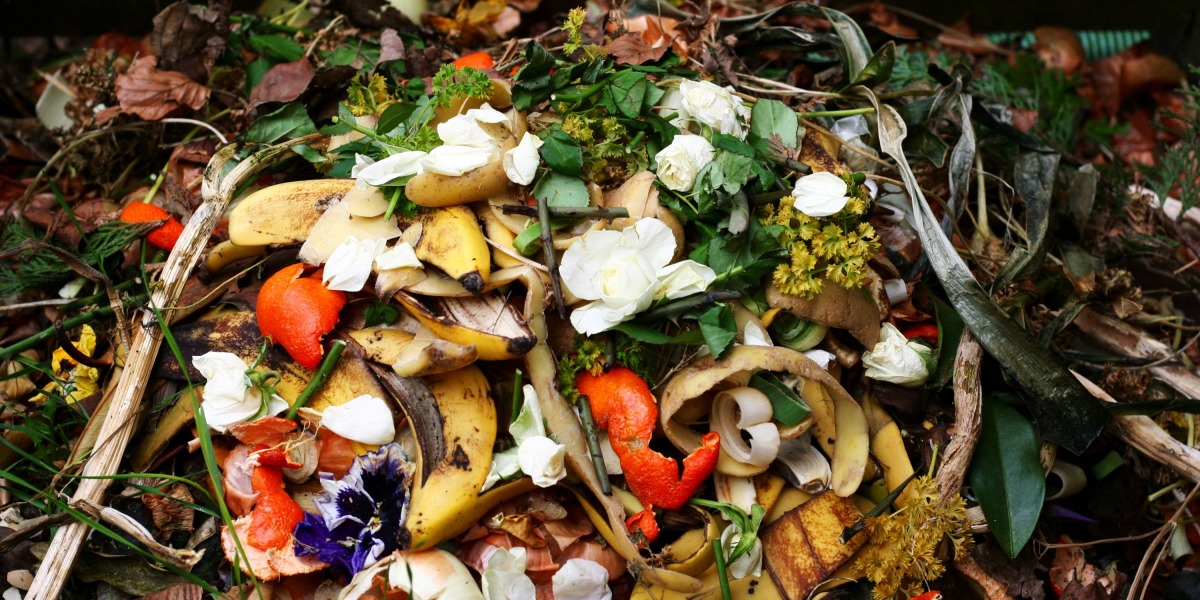
Some people might look in a grocery store’s dumpster and see garbage. But others are starting to see dollar signs.
New facilities are popping up in the US to help tackle food waste using a process called anaerobic digestion, which uses microbes to break down organic materials. Divert, a company working to address food waste, announced today that it’s received a $1 billion funding agreement to help build and deploy this technology.
It’s just one of a number of companies focussed on turning one person’s table scraps into another person’s energy—with the upside of a climate benefit. Read the full story.
—Casey Crownhart
Why the stress around Chinese apps in the US is overblown
If you take a look at app stores in the US right now, you might be surprised to find they are dominated by Chinese programs.
On Monday, the three most downloaded free apps on Apple’s App Store were Temu, TikTok, and CapCut (a TikTok video editor); the same chart in the Google Play Store was led by Temu, TikTok, and Shein. All four programs are made by Chinese social media or e-commerce companies.
It’s clear that Chinese-made apps are having a moment in the US, which is particularly interesting given how governments across the world are currently trying to crack down on TikTok use on staff devices. The same treatment could easily be applied to other Chinese apps.
But while there are real concerns about these apps’ privacy protocols, most of the anxiety around having Chinese apps on our phones is overblown and politicized. Read the full story.
